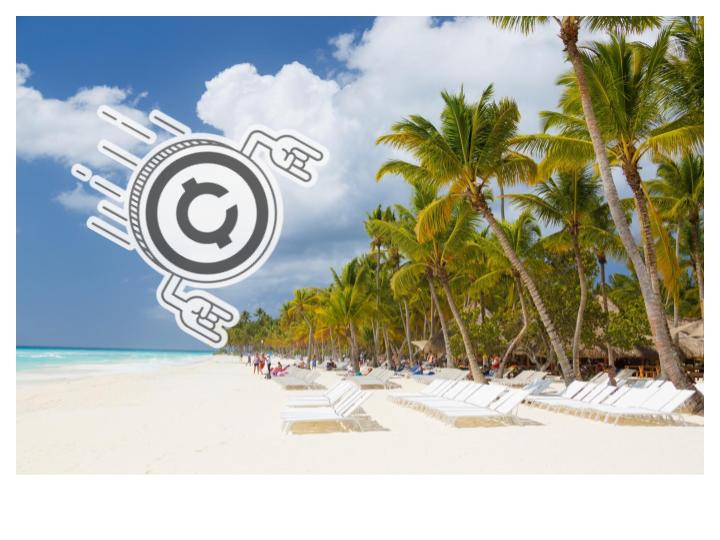Intergovernmental Agreements (IGAs) and Puerto Rico International Banks
This article considers Intergovernmental Agreements (IGAs) and Puerto Rico international banks. These entities are also referred to as offshore banks in Puerto Rico and International Financial Entities in Puerto Rico. This post does not consider fully licensed local banks, only how IGAs relate to IFEs operating under Act 273 as an offshore or international bank.
An Intergovernmental agreement or IGA is an agreement entered into by the United States and a foreign government to avoid FATCA withholding and related issues. An IGA basically says that the US will share information with the foreign government on US accounts held by citizens of the respective country and the foreign country will do the same regarding accounts and assets held by US citizens.
To put it another way, a government may enter into a bilateral agreement with the U.S. to simplify reporting compliance and avoid FATCA withholding. Under a Model 1 IGA, Foreign Financial institutions in countries with IGAs report information on U.S. account holders to their national tax authorities, which in turn will provide this information to the IRS. Under a Model 2 IGA, FFIs report account information directly to the IRS. In turn, the United States provides the same information to the IGA country on its citizens’ assets in America.
It’s this last bit which makes Puerto Rico IFEs interesting to foreign individuals looking for privacy and asset protection outside of their home country. Puerto Rico provides little or no privacy for US persons. Nearly all the same US tax and reporting requirements apply to US persons. Foreigners are another matter.
- Puerto Rico does offer amazing tax incentives for US persons. See: A Detailed Analysis of Puerto Rico’s Tax Incentive Programs.
If a foreign person wants to avoid IGA reporting, they can open an account at an IFE in Puerto Rico. That IFE will likely have a US correspondent banking partner. Thus, the client’s assets end up in the United States and avoid IGA reporting.
And there are legitimate reasons someone would want to avoid IGA reporting. For example, high net worth citizens of Mexico, Colombia, and Brazil are very concerned about being kidnapped. Many times the source of information that begins a kidnapping is a bank teller or government agent that sees how much cash someone has in their accounts and reports it to the kidnappers.
Most Mexicans have no desire to avoid taxes. But their privacy is a matter of life and death… literally.
I should point out here that Puerto Rico is NOT a bastion of tax evasion or money laundering. In fact, it’s quite the opposite. Government regulators in Puerto Rico follow US FDIC guidelines and impose very strict know your client and anti-money laundering rules. Also, the US Federal Government audits IFEs every few years.
Puerto Rico is not welcoming to criminal activity or tax avoidance. The point of my article is that Puerto Rico is not a party to IGAs and thus CRS and FATCA reporting do not apply, period. This is a matter of privacy only.
Because of Act 273 and the fact that IGAs do not apply, the US territory of Puerto Rico is running circles around the rest of the offshore banking industry. This island is issuing about 25 licenses a year where competitors are issuing 1 or 2, or even losing banks.
The bottom line is that every large and fully compliant offshore bank wants to be in Puerto Rico. I’ve even had requests from governments of offshore banking jurisdictions wanting to open a correspondent bank in Puerto Rico.
This is all to say, three of the many reasons for the popularity of Puerto Rico’s Act 273 International Financial Entity is that US FATCA, Common Reporting Standards (CRS) and Intergovernmental Agreements signed between the United States and a foreign country do not apply to IFEs in Puerto Rico.
- CRS is a global reporting standard for the automatic exchange of information (AEoI) set forth by the Organization for Economic Cooperation and Development (OECD). More than 96 countries have agreed to share information on residents’ assets and incomes in conformation with reporting standards. It is more wide-reaching than FATCA and requires a unified, cross-team effort to ensure readiness and compliance.
The US territory is expressly excluded from IGAs between the US and foreign countries. And, because Puerto Rico has not entered into any IGAs, there is no sharing of account information required between a bank in Puerto Rico and a foreign government.
Likewise, FATCA does not apply to Banks in PR since they are classified as “Territory Financial Institutions.” Nonetheless, the customers of an International Financial Entity in Puerto Rico must complete forms W8 Ben and W8- Ben- E as part of the account opening process. When completing form W8-Ben-E for Goopal you check “Territory Financial Institution” in Part I (5). This applies to individual and corporate customers.
For example, in Brazil’s IGA:
Page 2 Item (a) – The term “United States” means the United States of America, including the States thereof, but does not include the U.S. Territories.”
Page 7 Item (dd) – “does not include a Financial Institution organized or incorporated in a U.S. Territory”
Page 10 Item (b) – “In the case of the United States, with respect to each Brazilian Reportable Account of each Reporting U.S. Financial Institution:”
Page 11 Item (b) number (3) – “the name and identifying number of the Reporting U.S. Financial Institution;”
For more information on setting up an offshore bank or an International Financial Entity in Puerto Rico, please see my 300-page book available on Amazon: Offshore Bank License Guide.
I hope you’ve found this article on Intergovernmental Agreements (IGAs) and Puerto Rico international banks to be helpful. For more information on setting up a fully compliant international bank in the territory, please contact me at info@premieroffhsore.com or call us at (619) 483-1708. We’ll be happy to negotiate the license for you and build out a turn-key international bank.












Leave a Reply
Want to join the discussion?Feel free to contribute!